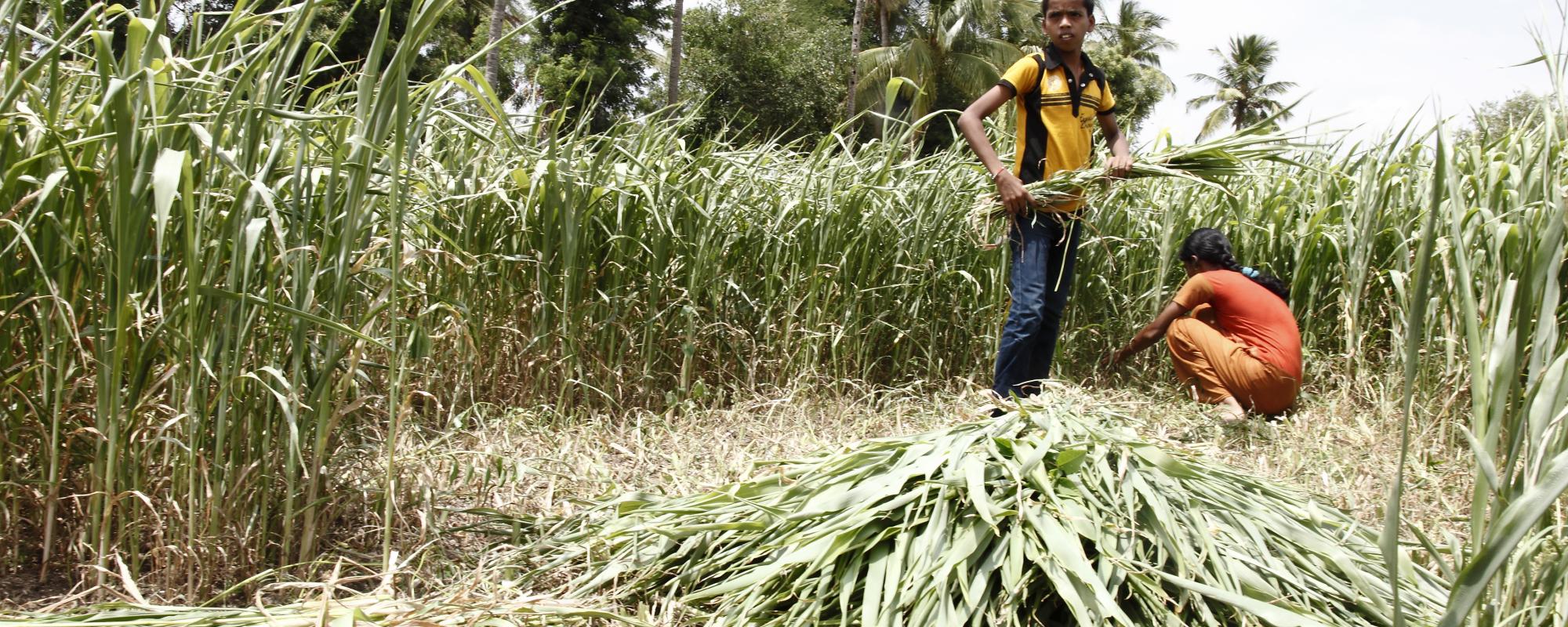
Gender
Breadcrumb
- Home
- Key Findings: Gender
- Gender is one of a number of factors which shape young people’s lives. For example, the chances of staying in education are closely related to wealth, whether a child lives in a rural or urban area, and – in some countries – their ethnic background.
- Girls are not always disadvantaged compared to boys. On average, girls leave school earlier than boys in India. In Ethiopia and Vietnam, however, boys leave school earlier than girls since boys have greater access to paid work opportunities.
- Marriage, cohabitation and childbearing is one area where gender differences are stark. Very few boys in the Young Lives study had married by age 19. But a significant proportion of 19 year old girls were already married or cohabiting, and 24% of girls in Peru, 21% of girls in India, 16% in Vietnam and 10% in Ethiopia had had a child by the age 19.
- Early marriage and childbirth are associated with health risks, with poverty, and vulnerability of adolescent mothers to abuse. Young people across the study say they want to delay starting a family until they are in their twenties. However, in reality the decline in rates of early marriage and adolescent fertility remain slow. Young Lives’ qualitative evidence suggests that poorer households often see early marriage as a way to protect their daughters from financial insecurity, and to protect their and their family’s reputation.
Breadcrumb
- Home
- Key Findings: Gender
- Gender is one of a number of factors which shape young people’s lives. For example, the chances of staying in education are closely related to wealth, whether a child lives in a rural or urban area, and – in some countries – their ethnic background.
- Girls are not always disadvantaged compared to boys. On average, girls leave school earlier than boys in India. In Ethiopia and Vietnam, however, boys leave school earlier than girls since boys have greater access to paid work opportunities.
- Marriage, cohabitation and childbearing is one area where gender differences are stark. Very few boys in the Young Lives study had married by age 19. But a significant proportion of 19 year old girls were already married or cohabiting, and 24% of girls in Peru, 21% of girls in India, 16% in Vietnam and 10% in Ethiopia had had a child by the age 19.
- Early marriage and childbirth are associated with health risks, with poverty, and vulnerability of adolescent mothers to abuse. Young people across the study say they want to delay starting a family until they are in their twenties. However, in reality the decline in rates of early marriage and adolescent fertility remain slow. Young Lives’ qualitative evidence suggests that poorer households often see early marriage as a way to protect their daughters from financial insecurity, and to protect their and their family’s reputation.

